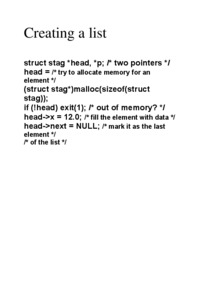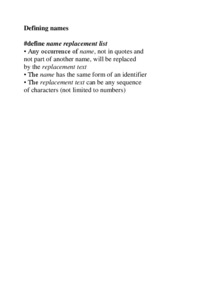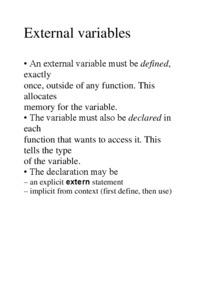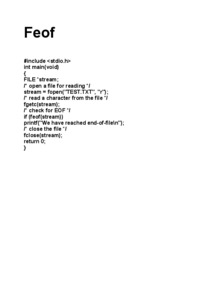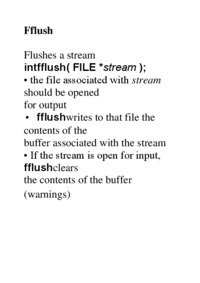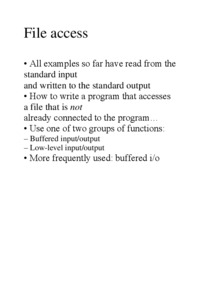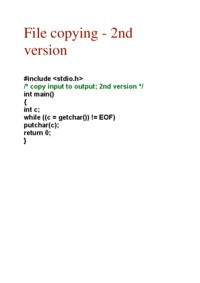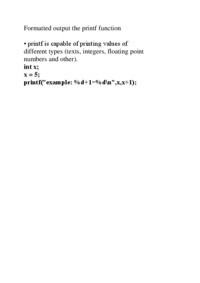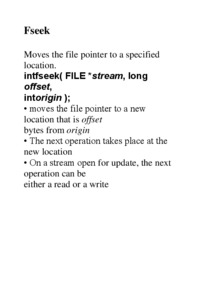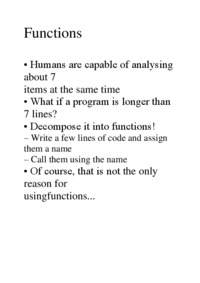Creating a list - examples
- Politechnika Śląska
- Fundamentals of Computer Programming
Creating a list struct stag *head, *p; /* two poi nters */ head = /* try to allocate memory for an element */ (struct stag*)malloc(sizeof(struct stag)); if (!head) exit(1); /* out of memory? */ head-x = 12.0; /* fill the element with data */ head-n...

